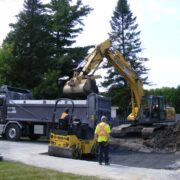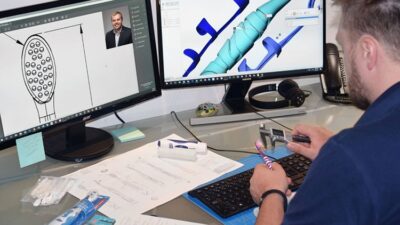Would you like to put on a face mask? Well done.
Since individuals can also transfer the coronavirus when they don’t exhibit symptoms, mounting evidence suggests using Australian made face masks while you’re out in society, even if you are feeling fine. The primary goal of wearing a mask is to shield others from you.
Face masks can provide considerable protection to the user, although that protection varies considerably depending on what kind of mask you are using. However, no mask can provide complete protection. The masks shouldn’t be used as a substitute for maintaining a physical distance of 6 feet or regularly washing your hands.
Masks can significantly improve your results when used in conjunction with these strategies.
Table of Contents
But what kind of mask is best?
According to experts, you must concentrate on the material, fitting, and breathability while selecting a face mask. You need to also consider how it fits the face. However, if it restricts your breathing, you’ll be less willing to wear it.
There were a total of 226,653 active Covid-19 cases as of June 27, 2022, in Australia. In addition, 60,169,217 Covid-19 vaccines have been administered to Australians. With so many cases, wearing face masks is essential for protection.
Here is a glimpse at various mask materials you might be interested in and how effectively they safeguard you and everyone else around you.
1. Fabric masks
Think about the cloth itself first. It’s essential that the thread is tightly woven. Next, lift the mask before the light to determine whether it will create a good filter. If you can see the shape of the individual threads, it won’t filter well.
A rigid 100% cotton mask is a safe choice. This is because cotton’s natural fibres are smoother synthetic materials.
2. Medical masks
N95 respirators
N95 respirators are made to cover the face and mouth effectively. When worn correctly, they can filter out about 95% of tiny airborne pollutants. N95s are crafted with several layers of thin polypropylene fibres that employ static charge to capture both entering and exiting particulate matter and droplets.
KN95 respirators
A KN95 mask is subjected to the Chinese government regulation and is utilised to extract 95% of tiny airborne particulates. Just be aware that if you are wearing a KN95 mask, you will not be receiving that much protection. So, make sure to maintain all the other routines, such as physical distance, to keep yourself secure.
3. Surgical masks
Disposable masks for surgery are wrapped loosely on the nose and face. These were limited at the beginning of the Covid pandemic but are now more frequently available. These masks are not intended to stop very fine particles; instead, they are made mainly to cover the user from others and prevent big airborne drops or splashes of particulates. Although a few surgical masks are manufactured using polypropylene, most are manufactured using paper.
4. The Bottom Line
Over a period, many concerns have been raised about the usage of face masks. It is related to issues of impaired breathing. However, that’s certainly not true! In fact, experts in the industry suggest that Australian-made face masks, even those of the N95 type ones that medical professionals wear, don’t pose any risks to the healthier population.
However, the CDC suggests that cloth masks can also be utilised to save enough N95s for the healthcare workers. They also indicate that the population with severe lung diseases shows impaired breathing. Thus, you should contact your healthcare providers for the same.
Learn more about the ways you can increase the effectiveness of a mask and other preventions from a deadly virus or air pollution, on this website: www.bloodchronicles.net
















Comments